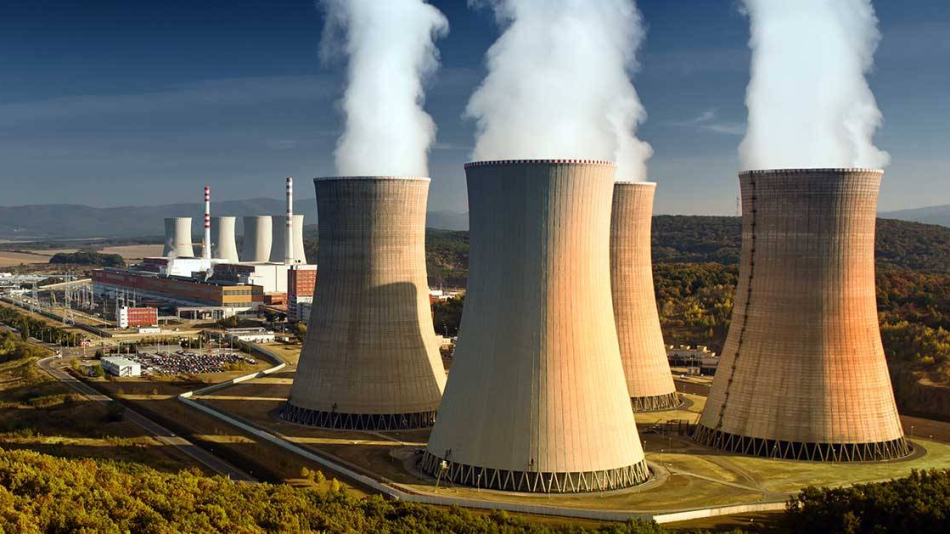The Rwandan Cabinet has finally approved an agreement with Russia to set up a nuclear plant by 2024. The move is also expected to bolster relations between the two countries and advance the latter’s interests in the region.
The nuclear plant project
The Rwandan government maintains that the nuclear project will help in advancement of technology in agriculture, energy production and environment protection. Rosatom Global, a Russian government nuclear parastatal, has already committed itself to execute the project, which is considered to be one of the biggest in the Africa Continent.
This comes ahead of the first Russia-African Forum next week in the city of Sochi, which President Paul Kagame has confirmed attendance, accompanied by a delegation of senior government officials. The nuclear power deal was first signed in Moscow last December and will see Russian scientists set up a Centre for Nuclear Science and Technology in Kigali. It has signed similar co-operation agreements with Kenya, Uganda and Tanzania even as questions over the appropriateness of the technology loom large.
Also Read:Uganda signs IGA with Russia for development of nuclear energy
International trade
The trade and political relationship between Rwanda and Russia has steadily grown over the years as the European country seeks to compete with the US, China and Western Europe for trade and political influence in Africa.
Minister of Trade and Industry, Soraya Hakuziyaremye, met top Russian politicians in Moscow early this year, and invited more Russian investors to explore what Rwanda has to offer. Rwanda’s imports from Russia–mainly cereals, machinery, fertilisers, iron, and steel–increased from US $20m worth in 2017 to U $31m worth in 2018, according to Russia’s Export Centre data.
Exports to Russia, mainly agricultural products however remained a paltry US $3.6m worth, an increase from US $2.4m worth from 2017, which is a big negative balance of payment that Rwanda hopes to reverse. Kenya is Russia’s biggest trade partner in the EAC, followed by Tanzania, with main imports being chemicals, arms, and machinery.

Leave a Reply